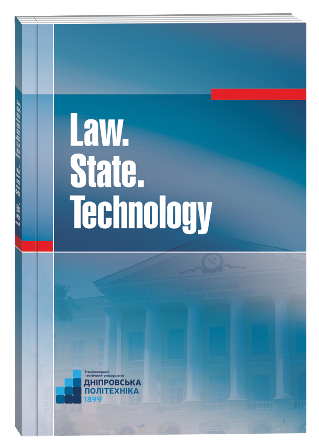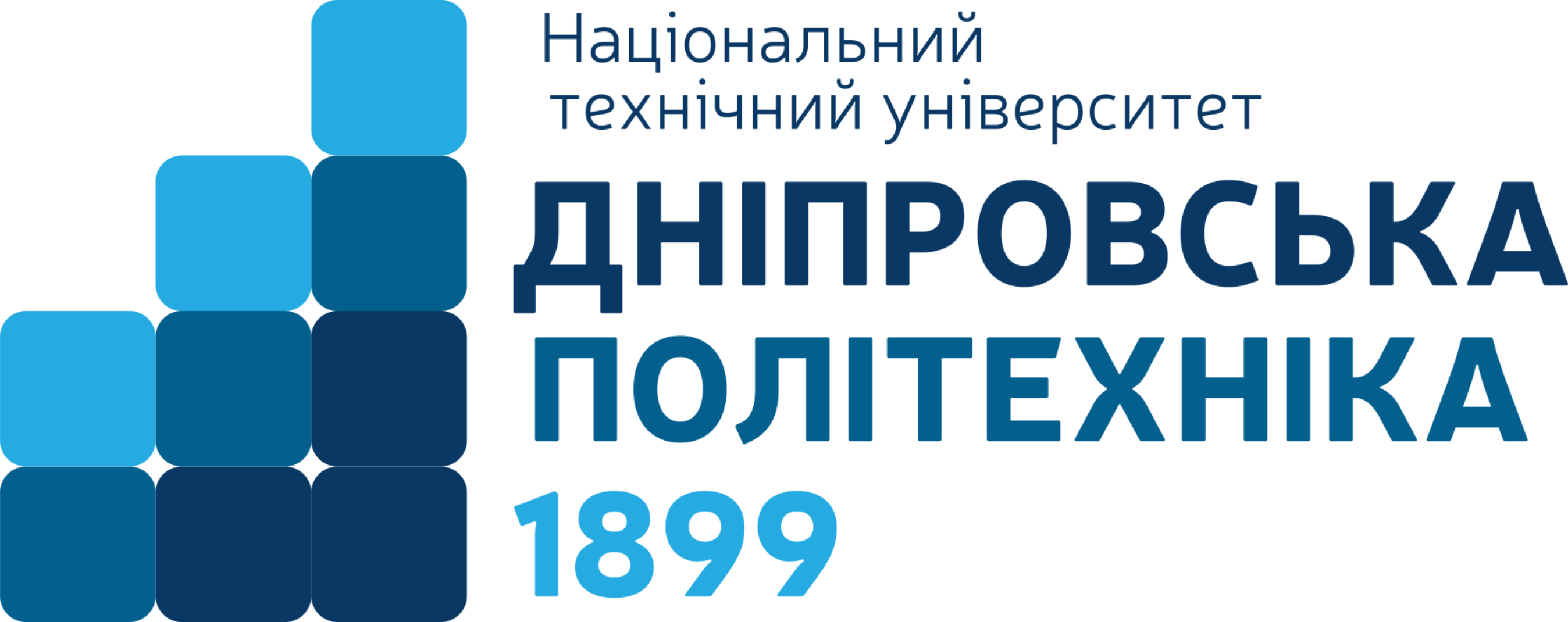CRIMINAL LEGAL PROTECTION OF HUMAN LIFE AS THE UTMOST SOCIAL VALUE
DOI:
https://doi.org/10.32782/LST/2021-1-1Keywords:
life, criminal law protection, social value.Abstract
The article examines the issue of criminal law protection of human life as the highest social value. It is stated that the recognition of human life as a social value is fundamentally important: it means that human life is a value not only for oneself, but also for the whole society, for society. Moreover, since this value is the highest, no other phenomenon can be valued by society higher than human life, cannot, so to speak, exceed its value. Objectively, the right to life is the starting point, the criterion of the whole institution of rights and freedoms in a democratic society. And when it is argued that human rights are the highest social value, it means the person himself as the bearer of these rights. Without man, outside man, in isolation from him, any rights turn into something meaning abstraction. Thus, this right, of course, forms the basis of all other rights and freedoms. It is an absolute value of world civilization, as all other rights lose their meaning and significance in the event of death. Undoubtedly, man and his life are a basic, fundamental value with which all legal systems must relate. The right to life is given to man by nature (in some concepts – by God), but never – by the state or government. The latter are only obliged to recognize, respect and protect in every way this value, which dominates over all others. At the present stage, the concept of human rights has become a leading element of political liberalism, its cornerstone, almost metaphysical level. This is the fundamental level of general liberal theory, in which metaphysics is "the discovery of the final basis of things, their first and universal beginning," where one of the first to ask questions is about the "foundations" and the "first and universal beginning" of life. Human life is not only a subjective right, protected by legal norms, but also an independent social, spiritual and biological value. Protecting everyone's life is a top priority for criminal law. Many lawyers have devoted their work to the issue of criminal law protection of life, but their work does not cover all the problems of criminal law regarding comprehensive protection of life. One of such problems is the question of when life begins, and accordingly its criminal protection. Clarification of this issue is directly related to the possibility of bringing the perpetrators to justice for assault on life.
References
Поппер К. Открытое общество и его враги : в 2 т. Москва, 1992. Т. 2. Время лжепророков: Гегель, Маркс и другие оракулы. С. 76–77.
Schmitt C. Die Tyrannei der Werte. Hamburg, 1979. S. 33–37.
Isensee J. Burgerfreiheit und Burgertugend. Der Preis der Freiheit. Kuln, 1998. S. 20.
Садовникова Г.Д. Комментарий к Конституции Российской Федерации (постатейный); отв. ред. Конюхова И.А. (Умнова). Москва : Юрайт, 2000. 189 с.
Кант И. К вечному миру. Соч. : в 6 т. Москва, 1966. Т. 6. С. 269–270.
Мондін Б. Підручники систематичної філософії : в 6 т. пер. з італ. Б. Завідняка. Жовква : Місіонер, 2010. Т 3. Онтологія і метафізика. 284 с.
Наумов А.В. Практика применения УК РФ: комментарии судебной практики и доктринальное толкование. Москва : Волтерс Клувер, 2005. 1024 с.
Лысенко В.Н. Проблемы определения начального момента охраны жизни человека в уголовном праве. Российский следователь. 2002. № 2. С. 38–42.
Позднышев С.В. Очерк основных начал науки уголовного права. Особенная часть Москва, 1923. С. 6.
Набоков В.Д. Элементарный учебник особенной части русского уголовного права. Санкт-Петербург : 1903. 136 с.
Шарапов Р. Начало уголовно-правовой охрани жизни человека. Уголовное право. 2005. № 1. С. 70–81.
Трубников В.М. Концепція кримінально-правової охорони : монографія. Харків : Харків юридичний, 2009. 288 с.
Глушков В.А. Ответственность за преступления в области здравоохранения. Київ : Вища школа, 1987. 200 с. 14. Коржанський М.Й. Кримінальне право. Законодавство України. Частина Особлива. Курс лекцій. Київ : Атіка 2001. 544 с.
Попов А.Н. Преступления против личности при смягчающих обстоятельствах. Санкт-Петербург : Юридический центр Пресс, 2001. 472 с.
Порошук С.Д. Право людини на життя як об’єкт нормативно-правового регулювання: сучасний стан, проблеми в Україні. Вісник Луганського інституту внутрішніх справ МВС України: Наук.-теор. журнал. Луганськ : Ін-т внутрішніх справ МВС України, 1998. Вип. 2. С. 3–18.
Голиченков В.А. Заявление кафедры эмбриологии биологического факультета МГУ 03.09.1993. URL: http://www.patriarchia.ru/db/text/3122712.html.
Селихова О.Г. Конституционно-правовые проблемы осуществления права индивидов на свободу и личную неприкосновенность : автореферат дис. на соискание науч. степени канд. юрид. наук : спец. 12.00.02 «Конституционное право; муниципальное право». Екатеринбург, 2002. 23 с.
Беседкина Н.И. Конституционно-правовая защита прав неродившегося ребенка в Российской Федерации : автореферат дис. На соискание науч. степени канд. юрид. наук : спец. 12.00.02 «Конституционное право; муниципальное право». Москва, 2005. 23 c.
Ковлер А. И. Антропология права : учеб. для вузов. Москва : НОРМА ИНФРА-М, 2002. 480 с.
Про затвердження Інструкції з визначення критеріїв перинатального періоду, живонародженості та мертвонародженості, порядку реєстрації живонароджених і мертвонароджених. URL: http://zakоn2.rada.gоv. ua/laws/shоw/z0427-06.
Arrêt de la Cour de justice (Grande chambre) de 18 octobre 2011 URL: http://curia.europa.eu/juris/document/ document.jsf?text=&docid=111402&pageIndex=0&doclang=FR&mode=lst&dir=&occ=first&part=1&cid=416805.
Directive № 98/44/CE du Parlement européen et du Conseil du 6 juillet 1998 relative à la protection juridique des inventions biotechnologiques. URL: http://eur-lex.europa.eu/legal-content/FR/TXT/HTML/?uri=CELEX:31998L 0044&from=EN.
Arrêt de la Cour Européenne des Droits de l’Homme du 08.07.2004 URL: http://hudoc.echr.coe.int/sites/eng/ pages/search.aspx?i=001-66445.
Sentencia del Tribunal Constitucional de España № 53/1985 URL: http://hj.tribunalconstitucional.es/HJ/ pt-BR/Resolucion/Show/SENTENCIA/1985/53.
Decision of the Federal Constitutional Court, №№ 2 BvF 2/90, 2 BvF 4/92, and 2 BvF 5/92, May 28, 1993 URL: http://www.bverfg.de/entscheidungen/fs19930528_2bvf000290en.html.
Heun W. Embryоnenfоrschung und verfassung: lebensrecht und menschenwuerde des embryоs. Juristen zeitung. Tuebingen, 2002. № 11. S. 517–524.
Конвенция о правах ребёнка. Принята Резолюцией № 44/25 Генеральной Ассамблеи ООН от 20.11.1989 URL: http://www.un.org/ru/documents/decl_conv/conventions/childcon.shtml.
Recommandation de l’Assemblée Parlementaire du Conseil de l’Europe № 1046 (1986) du 24 septembre 1986 «Utilisation d’embryons et foetus humains à des fins diagnostiques, thérapeutiques, scientifiques, industrielles et commerciales» URL: http://assembly.coe.int/nw/xml/XRef/Xref-XML2HTML-en.asp?fileid=15080&lang=fr.
Декларация прав ребёнка. Принята Резолюцией № 1386 (ХIV) Генеральной Ассамблеи ООН от 20.11.1959 URL: http://www.un.org/ru/documents/decl_conv/declarations/childdec.shtml.
Конвенция о правах ребёнка. Принята Резолюцией № 44/25 Генеральной Ассамблеи ООН от 20.11.1989 URL: http://www.un.org/ru/documents/decl_conv/conventions/childcon.shtml.








